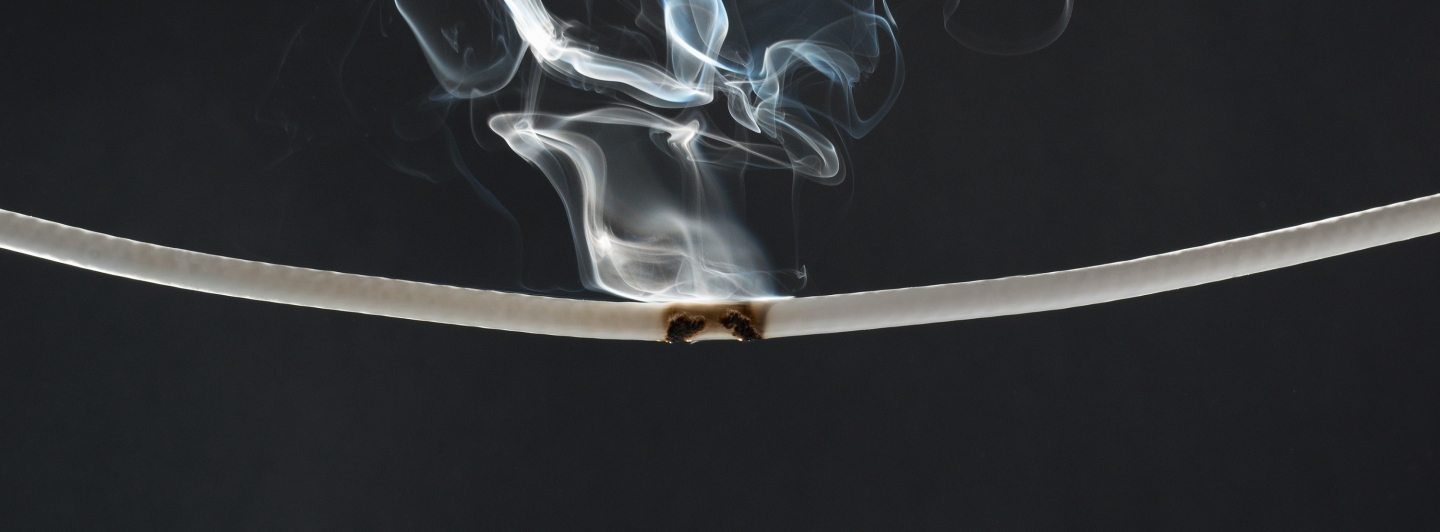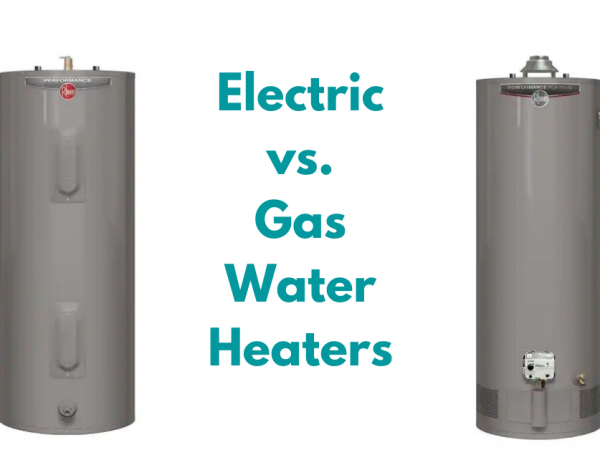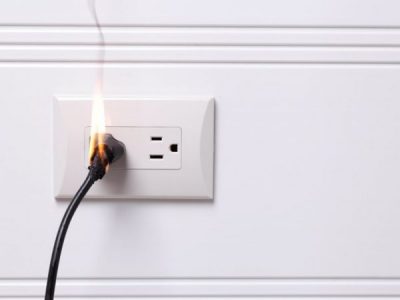
Photo by PM Images/Getty Images
We’ve all heard horror stories about someone forgetting to turn off the toaster or dropping a cigarette that led to a house fire. But what about the hidden dangers that may be lurking in the home within your electrical system?
There’s no need to be scared, but you should be informed. Understanding what causes electrical fires will help prevent them from happening. Here are the top causes of electrical fires and what you can do about them:
1. Faulty outlets and wiring: Loose, outdated wiring allows electricity to arc, causing significant heat and fire risk. Older wiring can also fray, bend, and corrode over time. It can be easily overloaded, made evident by circuit breakers that trip or fuses that blow time and time again. If your outlets are charred or discolored, it may be a sign of faulty wiring, and pose a threat.
To avoid danger: Have a licensed electrician check for damaged, loose, or otherwise unsafe wires and connections, and replace them immediately. Make sure your home is equipped to keep up with your family’s electrical needs so you’re not burdening the system and putting yourself in danger.
2. Improper use of extension cords: It’s tempting to plug in an extension cord and use every outlet on there as your electrical needs increase. But overloading an extension cord is dangerous as they’re not meant to be a substitute for permanent wiring. Using an extension cord that is overloaded, damaged, or frayed puts you at risk for shock or fire.
To avoid danger: Remember that extension cords are designed for occasional use. Make sure you’re using a cord that is designed for that particular use (for example, an outdoor extension cord in the backyard). If you don’t have enough outlets in your home work with an electrician to make safe upgrades to accommodate your needs.
3. Space heaters: They can set fire to things that are too close by such as clothing, furniture, and combustible materials. Space heaters can also tip and set fire to carpets.
To avoid danger: If at all possible, avoid having space heaters in your home. If it’s necessary, keep a three-foot radius around the space heater, and be sure it shuts off automatically if it is tipped over.
4. Light fixtures and bulbs: Faulty lamps and light fixtures can present a major fire hazard for a number of reasons. It may be that they have worn or frayed cords which causes them to radiate heat and potentially lead to fire. Using a light bulb with too high a wattage for the intended fixture is a very common danger, due to overheating.
To avoid danger: Be sure that light fixtures are properly installed and checked for safety by a professional. Do not use light bulbs that exceed the recommended bulb wattage for any lighting unit. Keep cloth, drapes, and other materials away from lampshades.
Knowledge is power when it comes to electrical safety within your home. Work with a licensed electrician to take a proactive approach in preventing electrical fire and promoting safety in your home.




